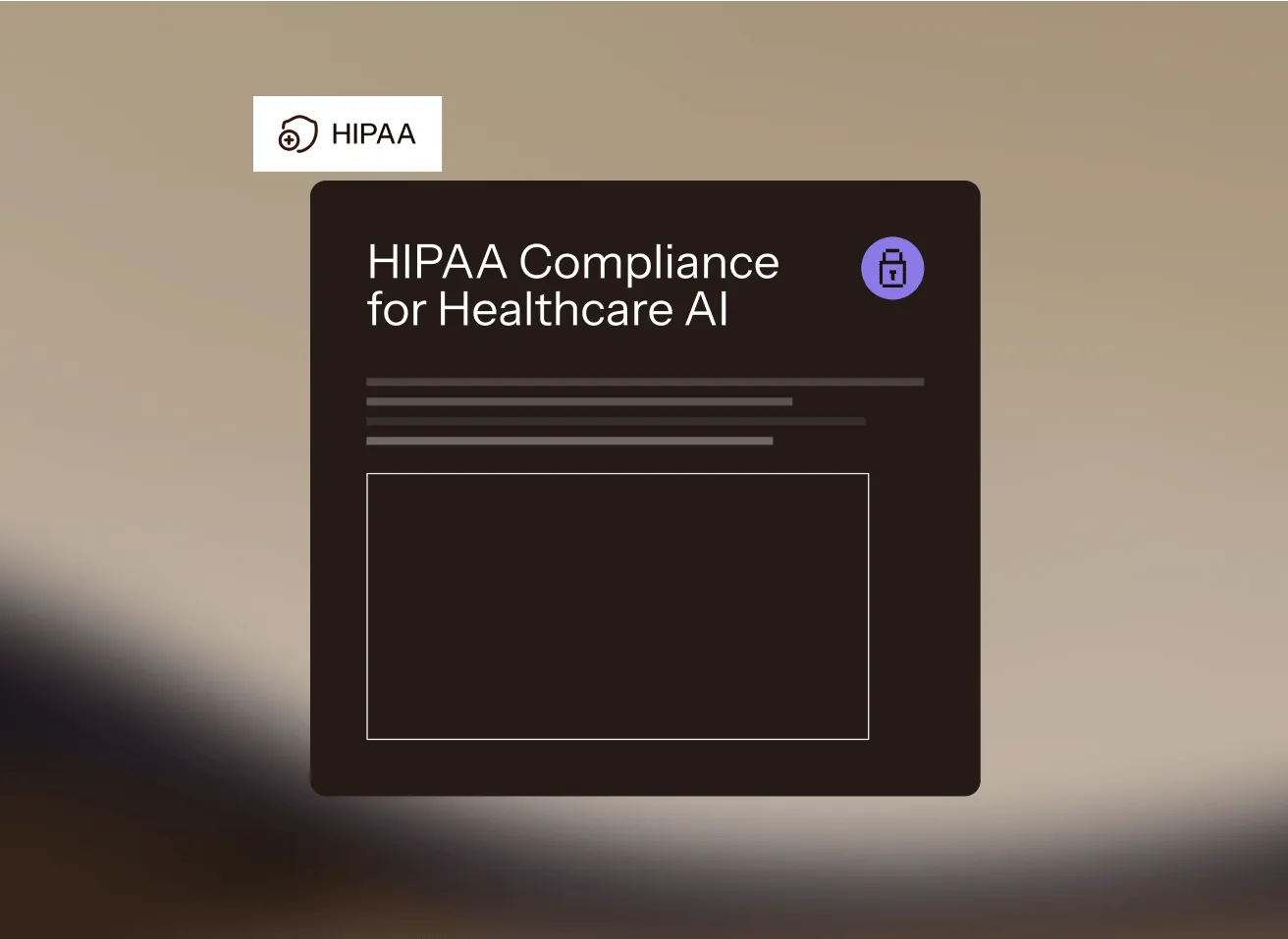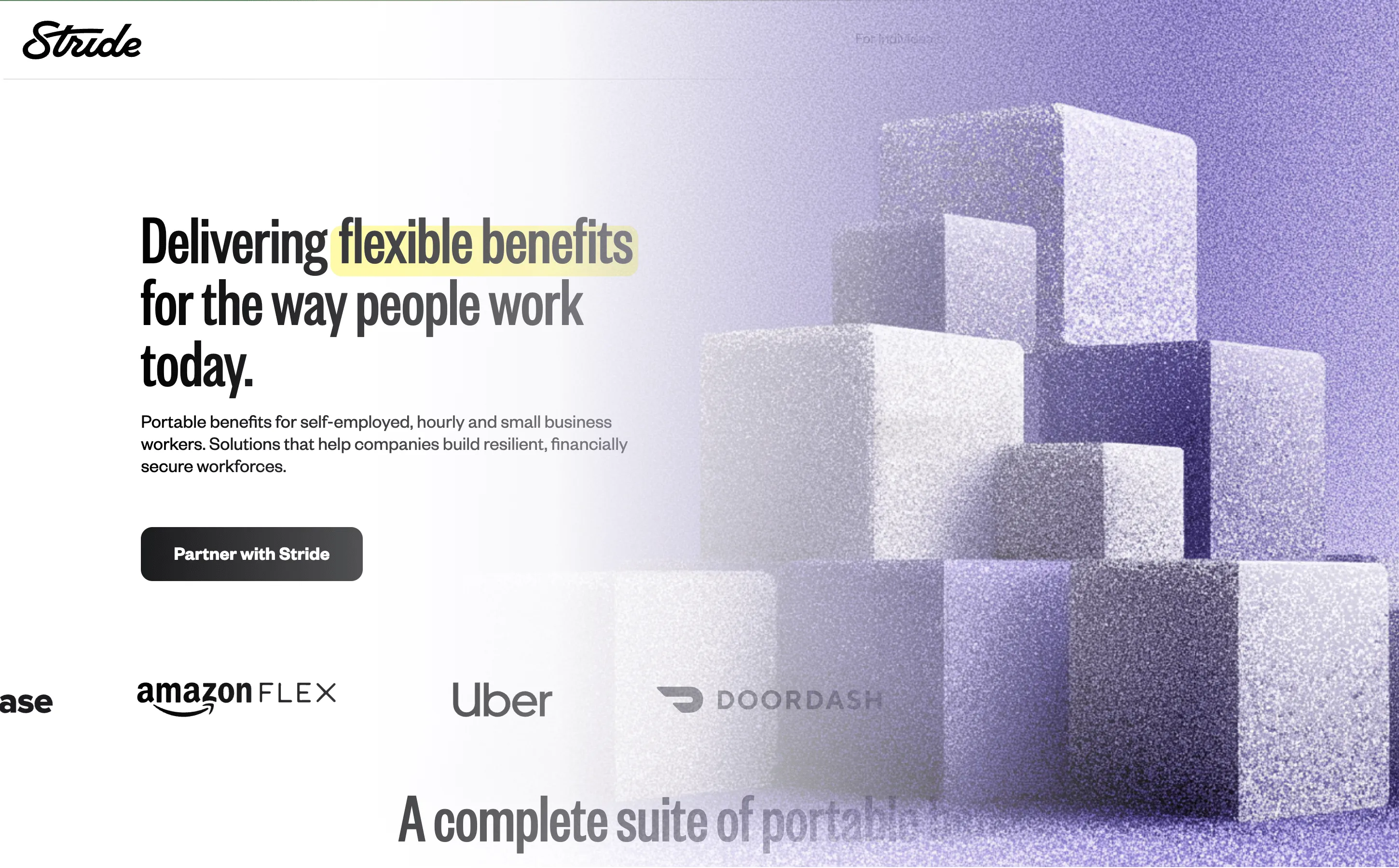
HIPAA Compliance. For AI and HealthTech.
Automate your healthcare compliance, handle PHI, and earn trust with a complete, AI-enabled security and privacy program.

Comply with HIPAA - Don’t Slow Down
We help companies build comprehensive healthcare security programs that comply with security and privacy standards.
Trusted by market leading technology companies


















Workstreet was critical to the success of our audit, handling the evidence collection, interviews, and generally managing the auditor, saving our team the burden and time. The result was a faster audit with less findings compared to the previous year.



Our team has been really happy with the speed and responsiveness from you all. Several of our AEs have mentioned being extremely impressed relative to what they saw at their past companies. Excited to keep working together here.


Workstreet has been a true partner. They embedded security into our daily workflow, took on the heavy lifting, and enabled us to move faster by unblocking security reviews without draining our team.






All of them (security reviews) have been super smooth for us to get through because of the work that you guys did for us. We've had no hiccups, no issues, passed everything. And it's been great.



Workstreet helps us move a lot faster. I save time, our engineers save time, and we’re able to get back to customers quicker, which helps us with faster sales cycles. Our engineers and I have saved 100+ work hours since we started with Workstreet.



Begin Your HIPAA Compliance Journey
Connect with our HIPAA experts to start building a privacy program.
Thank you!
One of our trust engineers will be in touch shortly.
.avif)
Comply with HIPAA at Breakspeed Pace
From policies and procedures to secure cloud environments, solve for 100% of HIPAA.


PHI Assessment & Discovery
.svg)
HIPAA Safeguards Implementation
.svg)
Risk Management & Security Controls
.svg)
Ongoing HIPAA Program Management

Comprehensive guidance for implementing and maintaining HIPAA compliance in an AI world.
HIPAA Compliance for Healthcare AI
AI opens up new issues with data privacy. Read our guide on compying with HIPAA when building healthcare AI.
How Modern Companies Comply with HIPAA Fast
Real examples of modern healthtech companies that use Workstreet for HIPAA

From Compliance Burden to Strategic Advantage: How Workstreet Transformed Stride Health's Security Program
Stride Health, a leading cloud-based healthcare software company, partnered with Workstreet to transform their security and compliance program from a resource-intensive burden into a strategic business advantage. Over two years, Workstreet delivered exceptional results: 90% reduction in audit findings, 95% reduction in internal team time commitment, and zero findings in the latest penetration test—all while maintaining full HIPAA and NIST 800-53 compliance.

SecondBody
SecondBody is an innovative technology company providing advanced digital solutions for business applications. As they grew their platform and customer base, SecondBody decided to transition from their existing compliance management system (Sprinto) to Vanta to better support their security and compliance needs. This platform migration presented significant challenges in maintaining compliance continuity and avoiding disruption to their security program during the transition.
HIPAA FAQs
Common questions about HIPAA compliance
Yes, you still need HIPAA protections. While de-identified data isn't considered PHI, the de-identification process must follow HIPAA's Safe Harbor or Expert Determination methods. If you handle any identifiable health information during this process, full compliance is required. Many AI and healthtech companies also face re-identification risks requiring ongoing HIPAA safeguards.
HIPAA fully applies to AI systems processing PHI. Implement access controls, audit logs, data encryption, and proper protection for training data. Additional considerations include securing data pipelines, managing cloud AI services, preventing PHI leaks in model outputs, and maintaining audit trails of AI decision processes. Business Associate Agreements are required with AI service providers accessing PHI.
A BAA is a contract between a covered entity and a business associate, but it's just one piece of compliance. Full HIPAA compliance includes implementing administrative, physical, and technical safeguards, conducting risk assessments, training employees, and maintaining policies and procedures. The BAA defines responsibilities, while compliance involves implementing all required protections.
Penalties range from $137 to $2,067,813 per violation, depending on negligence level and whether violations are corrected. HHS actively investigates breaches affecting 500+ individuals and complaint-driven cases. Recent enforcement has increased significantly, with millions in annual fines. Beyond financial penalties, violations can result in criminal charges, reputation damage, and customer trust loss.
HIPAA compliance is required immediately upon handling PHI—there's no grace period. However, you can implement a phased approach: essential safeguards (access controls, encryption, BAAs) within 30 days, risk assessments and policies within 60 days, and full operational compliance within 90 days. Working with HIPAA experts ensures you don't miss critical requirements.
Handle PHI With Confidence.
HIPAA compliance is mandatory, not optional. Get expert guidance that ensures full compliance and build trust in healthcare.








